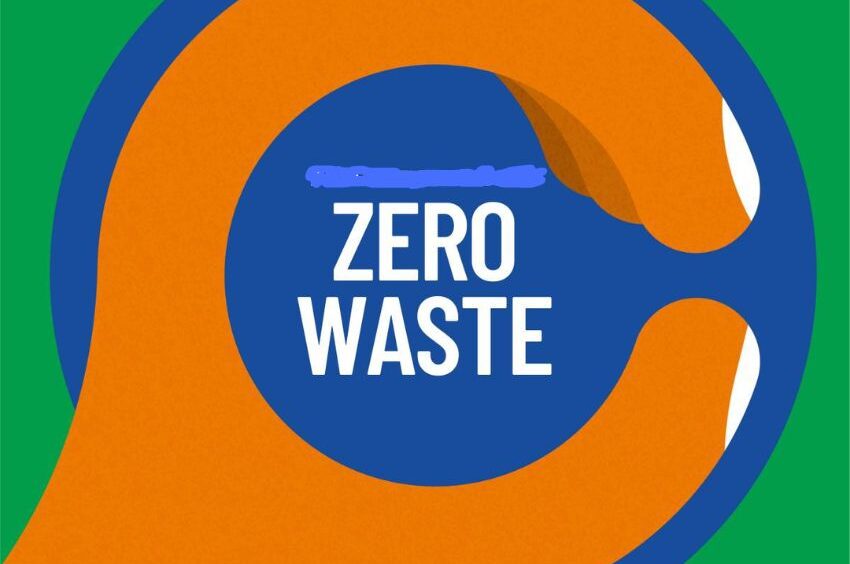Primus Partners & Maharashtra Gov’t Unveils Report On India’s $3.5 Bn Zero-waste Fashion Opportunity

The report provides a strategic framework to integrate sustainability, circular economy principles, and resource efficiency across the textile value chain
Primus Partners, in collaboration with the Government of Maharashtra, has released a report outlining a clear and actionable path toward a zero-waste textile industry in India by 2047. The report finds that addressing textile waste is valued at USD 3.5 billion over the next five years, requiring robust policy support, industry collaboration, and active consumer engagement.
The report was presented by Sanjay Savkare, Minister of Textiles, at Bharat Tex 2025, with Maharashtra serving as the knowledge partner. Titled ‘Making India a Zero-Waste Fashion Country’, the report provides a strategic framework to integrate sustainability, circular economy principles, and resource efficiency across the textile value chain—from farm to foreign.
He emphasised the government’s ongoing commitment to transforming India’s textile sector through sustainability and circular economy initiatives. Additionally, input from government officials, industry leaders, and academics provided a clear understanding of the challenges and opportunities in making India a global hub for zero-waste fashion.
The report presents a comprehensive analysis identifying key barriers to the adoption of sustainable practices, based on a survey conducted among industries and citizens. These challenges include financial constraints, limited adoption of green technologies, skill gaps, low awareness and demand for sustainable products, and fragmented policies. Additionally, the growing influence of ultra-fast fashion, driven by social media trends, has further exacerbated the issue of textile waste.
The report integrates the 5F approach—Farm, Fiber, Factory, Fashion, and Foreign—to ensure sustainable practices are embedded at every stage of the textile value chain. By addressing key sustainability challenges, it promotes organic farming, eco-friendly fibre production, waste-reducing manufacturing techniques, circular fashion principles, and alignment with global sustainability standards. This holistic strategy not only minimizes environmental impact but also strengthens India’s position as a leader in sustainable textiles.
The report outlines key recommendations to drive sustainability in India’s textile industry. It emphasises financial incentives and support, including subsidies for green initiatives and the establishment of a dedicated fund for circular economy projects.
To enhance textile-waste infrastructure and market development, it proposes setting up Textile Waste Collection Centres. Strengthening the policy and regulatory framework, the report calls for a National Policy for Sustainable Textiles and an extended producer responsibility (EPR) scheme for the sector. Additionally, it highlights the need for transparency and awareness through revised textile labelling regulations, public education campaigns on eco-friendly fashion, and skill development initiatives to position India to lead globally in zero-waste fashion, setting a benchmark for the world.





































































































































































































































































































































































































































































































































































































































































































































































































































































































































































































































































































































































